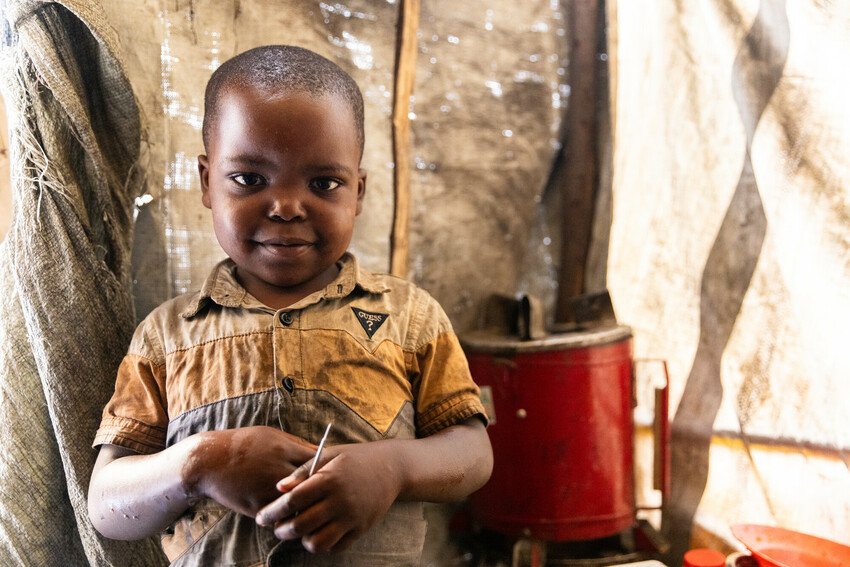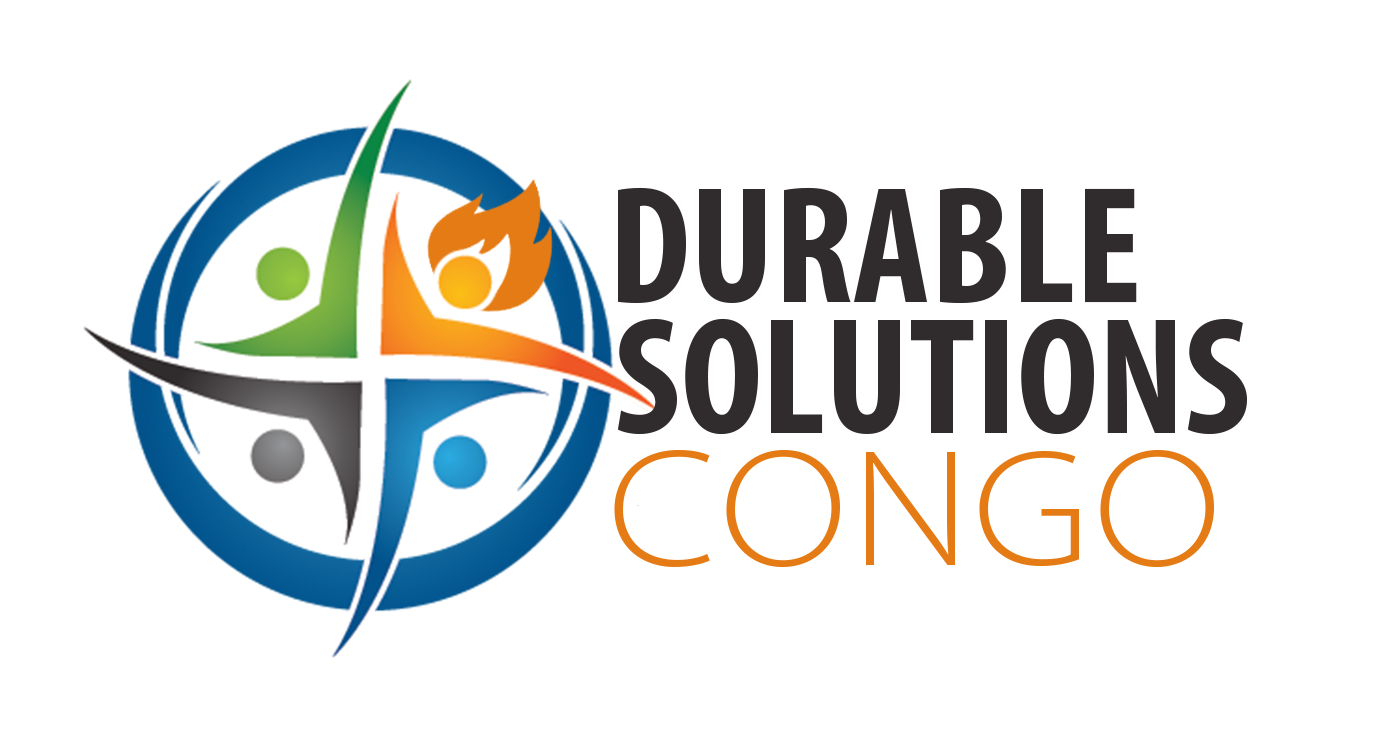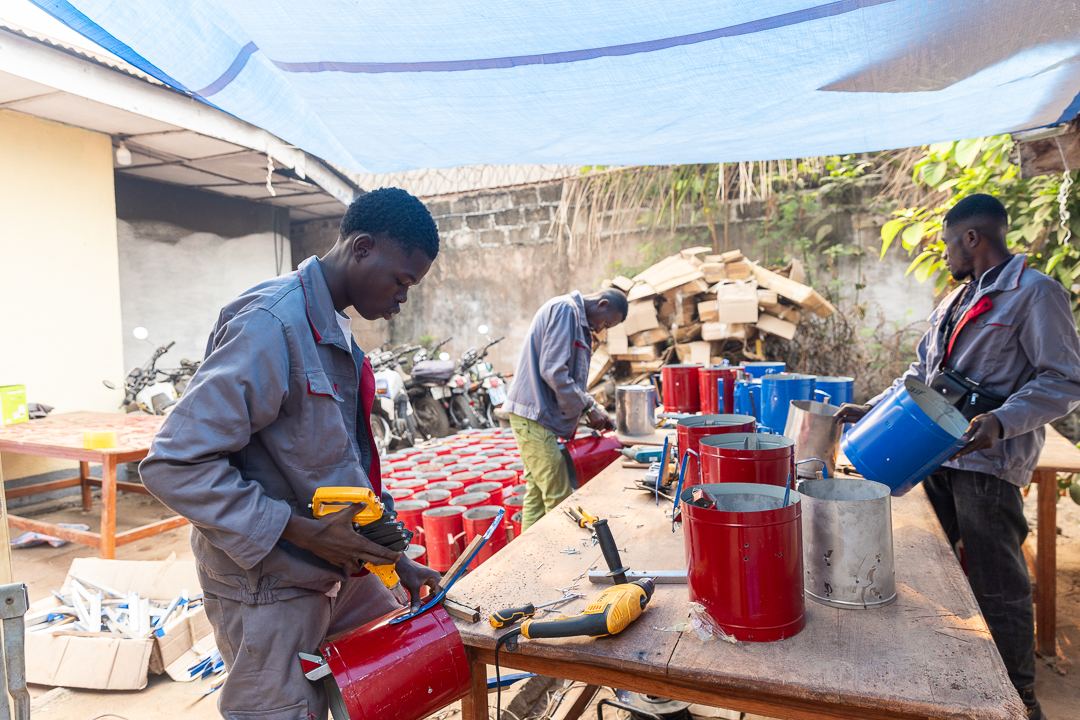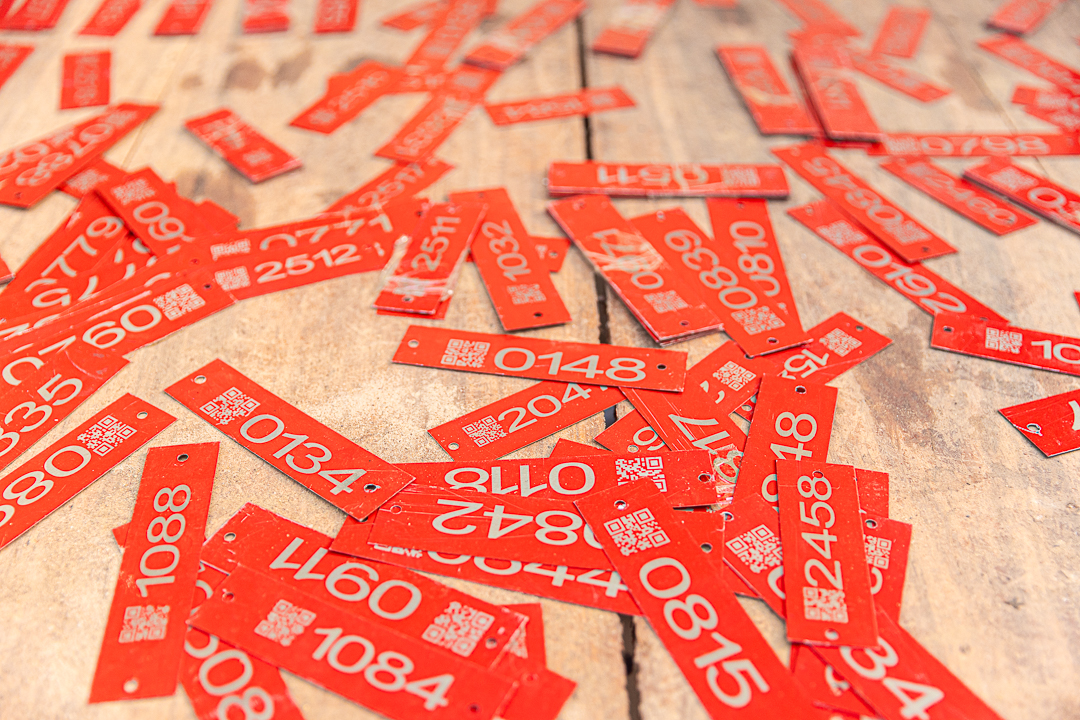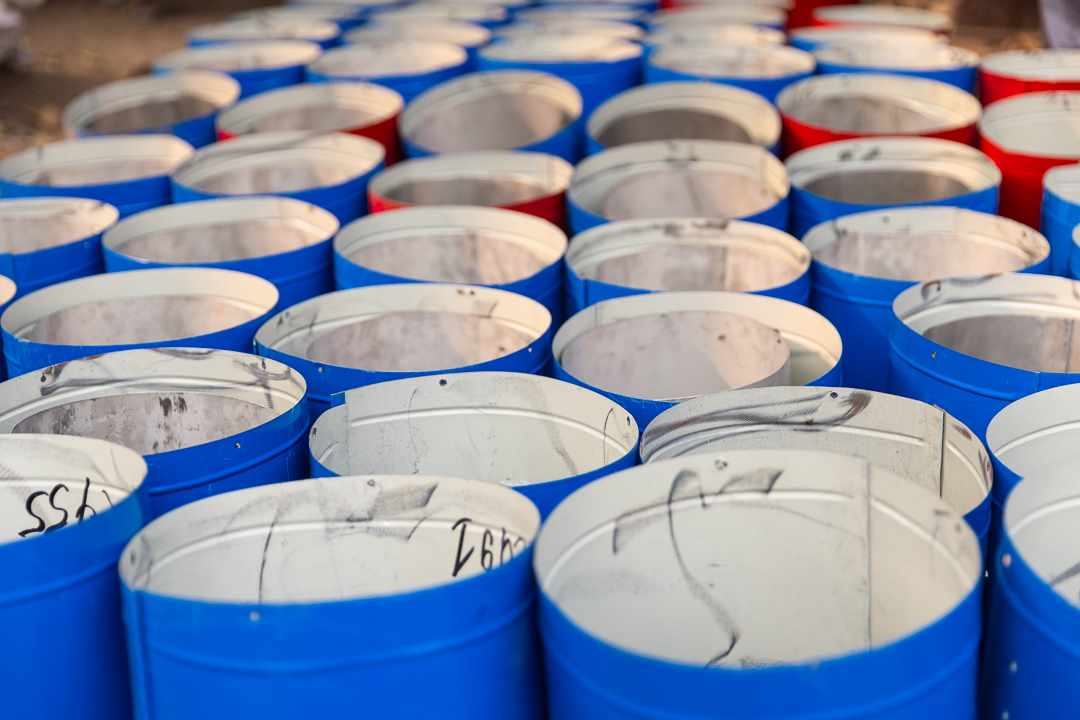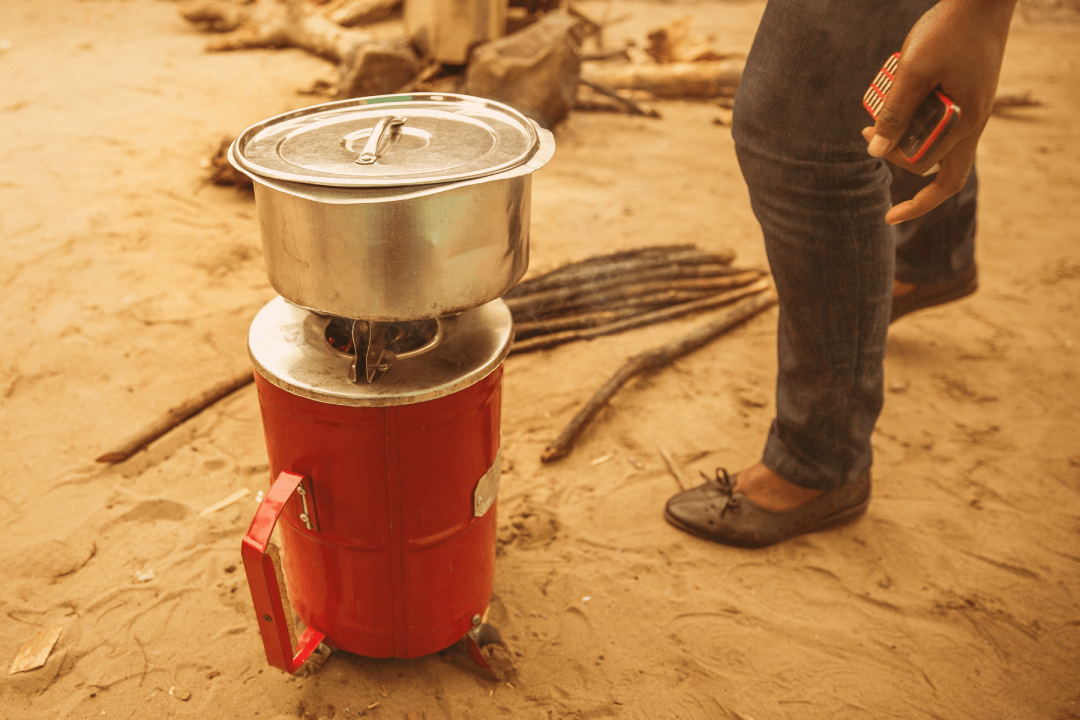A Sustainable Solution for Rural Families in DRC
clean Cookstoves
Sala Makala : Clean Cookstoves
The Sala Makala clean cookstove, developed by IMA World Health, addresses the critical health, environmental, and socio-economic challenges faced by families in rural Democratic Republic of Congo (DRC). Designed as a clean-burning, wood gasifier stove, it offers a safer and more efficient alternative to traditional cooking methods.
This innovative stove has earned exceptional ratings in key areas:
- Tier 3 rating for Particulate Matter (PM)
- Tier 4 rating for Carbon Monoxide (CO) Emissions
- Tier 4 rating for Thermal Efficiency
These certifications position the Sala Makala as one of the most efficient and environmentally friendly gasifier stoves available today. The primary goal of the stove is to reduce acute respiratory infections (ARIs) caused by the harmful smoke exposure from cooking over open wood fires—particularly affecting women and children.
Beyond its health benefits, the Sala Makala also positively impacts:
- The natural environment by reducing emissions.
- The time and labor spent on cooking and firewood collection
- Livelihoods, especially for women and girls in rural communities
Key Advantages of the Sala Makala Stove:
- Improved Air Quality: Significantly reduces household exposure to harmful particulate matter and carbon monoxide.
- Fuel Efficiency: Uses 60% to 70% less wood than traditional 3-stone fires, leading to less deforestation.
- Cost and Time Savings: Cuts down on the time and money spent collecting or purchasing firewood.
- Charcoal Production: Converts wood into efficient charcoal, which can either be used in other stoves or sold for additional income.
- Gender Equality Impact: Reduces the labor burden on women and girls, helping to lower their risk of gender-based violence (GBV) during firewood collection.
- Locally Adapted: Specifically tested and adapted to meet the cooking needs of rural households in DRC.
- Durability: Built to last for 7+ years with regular use, providing long-term benefits.
The Sala Makala cookstove is more than just a cooking tool—it’s a transformative solution improving the health, environment, and economic stability of families in rural DRC.
Transforming Health with Sala Makala Stoves
The Sala Makala cookstove was developed with a singular, urgent goal: to improve the health of the Congolese people, particularly women and children. While there has been progress in reducing diseases like malaria and diarrheal illness in Democratic Republic of Congo (DRC), acute respiratory infections (ARI) have remained largely overlooked. Unfortunately, even when addressed, previous clean cookstove solutions haven’t been efficient enough to make a measurable impact on ARI rates.
The Problem: Harmful Indoor Air Pollution
The World Health Organization (WHO) sets clear guidelines for safe levels of indoor air pollution: annual average concentrations of PM 2.5 (fine particulate matter) should not exceed 5 µg/m3, and 24-hour exposure should never surpass 15 µg/m3 more than a few days a year. However, a study in Ghana showed that PM 2.5 levels in an enclosed space with a traditional 3-stone fire reached a dangerous 135 µg/m3—far beyond the recommended levels. Even cooking outdoors with a 3-stone fire exposed people to 23 µg/m3 of PM 2.5, a harmful level for daily exposure.
In rural DRC, where 97% of households still rely on 3-stone fires for cooking, the majority of the population is unknowingly exposed to harmful levels of PM 2.5—often multiple times a day. Many families cook inside their homes, where the pollution is even more concentrated.
The Hidden Toll: ARI and Air Pollution
According to the WHO, each year in DRC, over 72,000 deaths are attributed to lower respiratory infections (ARI)—a staggering statistic that’s 3.5 times higher than maternal mortality. A key contributor to this is the exposure to indoor air pollution from cooking fires. Particulate matter (PM 2.5), the tiny particles found in smoke, is a known cause of ARI. In fact, 19% of all childhood deaths under the age of five are due to ARI, and nearly 50% of pneumonia deaths in children under five are directly linked to inhaling these harmful airborne particles from indoor cooking.
The Game-Changer: The Sala Makala Gasifier Stove
The Sala Makala stove is a revolution in reducing the risks of ARI. Its Tier 4 efficiency rating means it emits 24 times less PM 2.5 than a traditional 3-stone fire. This results in a threefold reduction in the risk of childhood pneumonia. In fact, studies show that switching to a gasifier stove like Sala Makala could reduce exposure to harmful smoke by up to 90%, based on research from a similar stove in Kenya.
Real Impact: Saving Lives
A longitudinal study by Swiss TPH found that families using the Sala Makala stove experienced a statistically significant reduction in ARI cases compared to those still relying on 3-stone fires. If just a portion of rural families in DRC adopted the Sala Makala stove, it could save thousands of lives each year—reducing both the burden of disease and the devastating health impact of indoor air pollution.
By adopting this technology, we have the opportunity to protect generations to come from the deadly effects of indoor smoke.
The Environmental Impact of the Sala Makala Stove: A Cleaner, Greener Future
The Sala Makala cookstove is more than just a tool for healthier cooking—it’s a powerful ally in the fight against deforestation, greenhouse gas emissions, and environmental degradation. Thanks to its innovative gasification technology, this stove burns wood more efficiently by converting the gases emitted during the heating process into clean energy.
But the benefits don’t stop there. After cooking, the stove produces charcoal—a valuable byproduct that can be used in other charcoal stoves, sold, or even turned into biochar. This soil-enhancing material improves soil nutrient retention, helping to combat soil degradation.
In comparison to traditional methods, the Sala Makala stove offers an incredible boost in efficiency. Traditional charcoal production is notoriously wasteful, with up to 80% of the energy in firewood lost during conversion, especially when using inefficient earth pit kilns (which have an efficiency rate of just 8-12%). The Sala Makala stove not only uses wood more effectively but also helps reduce the environmental toll of charcoal production.
Tackling Deforestation: Every Stove Makes a Difference
In DRC, widespread use of the Sala Makala stove could be a game-changer in reducing deforestation and the harmful release of greenhouse gases. On average, a household using the stove will produce between 600 and 800 grams of charcoal per day from just 3-4 kg of firewood.
When scaled, this could lead to an estimated reduction of 12 metric tons of firewood per day, as 1,400 stoves in use would displace inefficient charcoal production from traditional earth pit kilns. The environmental benefits are clear: less deforestation, preserved biodiversity, reduced soil erosion, and better water infiltration—all of which help protect vital ecosystems and support water sources like springs.
Empowering Women and Reducing Labor Burdens
The Sala Makala stove isn’t just improving the environment—it’s transforming the lives of women and families, too. Around the world, women and children can spend up to 5 hours a day collecting firewood, or face high costs buying charcoal. With the Sala Makala stove, less wood is needed, meaning less time spent gathering firewood.
Because the stove burns wood in ‘batches’, once it’s lit, there’s no need for constant attention—unlike traditional cooking methods like the 3-stone fire or a rocket stove. This means women can use the saved time for other activities, from earning an income to caring for their families, giving them more freedom and a higher quality of life.
Boosting Livelihoods with Charcoal
In urban and peri-urban areas of Congo, low-income families often spend up to 33% of their monthly income just on charcoal for cooking. The Sala Makala stove can help reduce this financial burden by allowing families to produce their own charcoal as a byproduct.
For those in peri-urban areas, this means lower fuel costs—they can burn wood and produce charcoal for their own use or sell it. In rural areas, where most families cook with wood, the charcoal produced by the stove becomes a new source of income, as it can be sold to nearby urban centers. This not only makes cooking more affordable but also creates new economic opportunities for families across the region.
Why Choose Durable Solutions?
By focusing on innovative, locally-relevant methodologies, Durable Solutions is committed to empowering communities, preserving ecosystems, and building a healthier, more sustainable future for the DRC. Together, we can create durable change that will resonate for generations to come.
Capturing Our Impact
Visual Stories of Change
Join Our Mission for Lasting Change
Be a catalyst for transformation in the Democratic Republic of Congo. Your support can help us implement sustainable solutions that enhance health and protect the environment. Together, we can empower communities and create a brighter future. Act now to make a meaningful difference.
